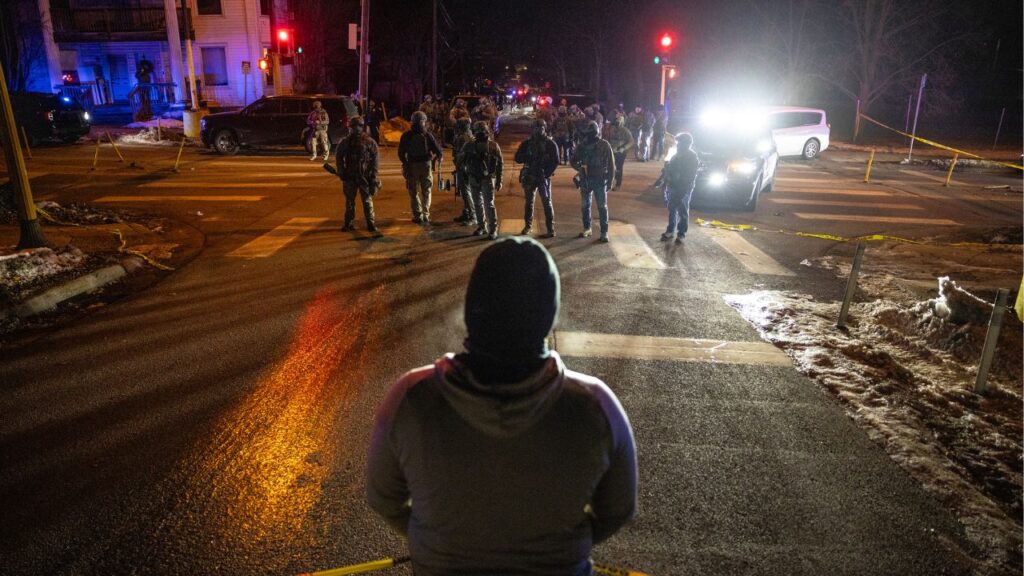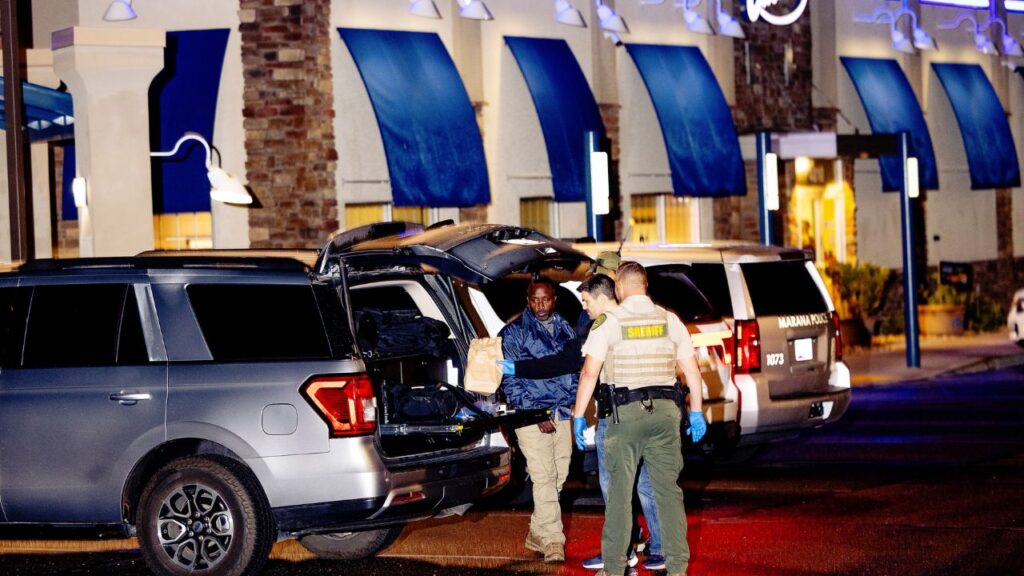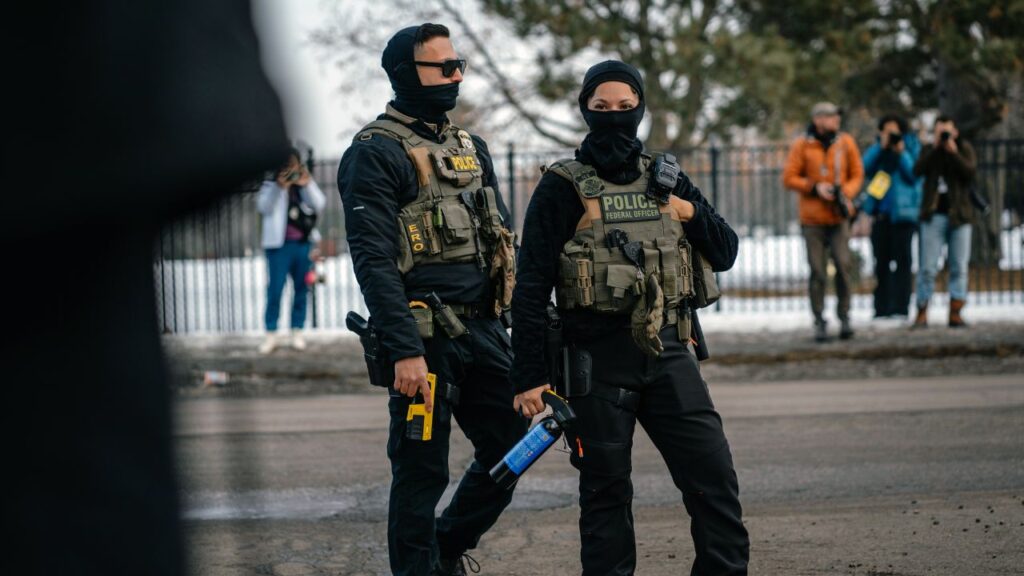Share
Penal Code Section 196, enacted in 1872 when California was the nation’s sparsely populated westernmost frontier, declares that a police officer may lawfully kill someone while “arresting persons charged with felony, and who are fleeing from justice or resisting such arrest.”

Opinion
Dan Walters
CALmatters Commentary
Similar laws in other states have been overturned by the courts, but California’s remains intact, described in a legislative report as “the single oldest unamended law enforcement use of force statute in the country.”
In practice, it is the basic reason why California’s police officers are almost never prosecuted when they kill someone, even when the circumstances indicate that deadly force was not needed.
Last Saturday, Sacramento County District Attorney Anne-Marie Schubert declared that two police officers who, a year earlier, had fired a barrage of bullets at the shadowy figure of Stephon Clark, will not be prosecuted. The two “acted lawfully under the circumstances,” Schubert said.
Three days later, Attorney General Xavier Becerra agreed, saying, “Based on our review of the facts and evidence, in relation to the law, I’m here to announce today that our investigation has concluded that no criminal charges against the officers involved in the shooting can be sustained.”
California Police Shoot and Kill More People Than Those of Any Other State
It turned out that Clark, a much-troubled young man who had been vandalizing cars in a South Sacramento neighborhood, was wielding a cell phone, not a gun. Moreover, just eight of the 20 rounds fired at Clark hit their target, which meant those other bullets could have easily killed someone in a neighboring home.
Had a civilian done what those two officers did – fired multiple rounds blindly at an indistinct figure in a backyard – he or she would almost certainly be prosecuted, at least for manslaughter if not for murder.
Knowing your target, firing only to protect oneself or another from death or great bodily harm and using minimum force to end the threat are drummed into civilian gun owners during firearms training.
California’s police shoot and kill more people than those of any other state – 162 in 2017 – and, according to a legislative bill analysis, “Of the 15 police departments with the highest per capita rates of police killings in the nation, five are in California: Bakersfield, Stockton, Long Beach, Santa Ana and San Bernardino. Police in Kern County have killed more people per capita than in any other US county.”
The legislative analysis was for Assembly Bill 931, which Assemblywoman Shirley Weber, a San Diego Democrat, carried last year to change the legal standard for police use of deadly force.
Most Officers Are Very Reluctant to Shoot People
Instead of the virtually unlimited legal protection that Penal Code Section 196 and other laws give police, Weber’s bill would allow justified shootings “to defend against a threat of imminent death or serious bodily injury to the officer or to another person,” with few exceptions.
That’s similar to the justified homicide laws governing civilians. Law enforcement organizations bitterly opposed the measure, saying it would put the lives of cops in jeopardy, and Weber’s bill died in the Senate.
She’s back this year with an almost identical measure, Assembly Bill 392, and the Stephon Clark episode, occurring as it did just a few miles from the Capitol, seems to give it a much better chance of passage. Gov. Gavin Newsom and Sacramento Mayor Darrell Steinberg are among those calling for revising California’s use-of-force law.
Police work can be very dangerous, to be certain, and most officers are very reluctant to shoot people. However, we are seeing far too many cases of shoot-first-and-ask-questions-later.
That might have been acceptable in 1872 California. It can’t be in the 21st century.
CALmatters is a public interest journalism venture committed to explaining how California’s state Capitol works and why it matters. For more stories by Dan Walters, go to calmatters.org/commentary.



















